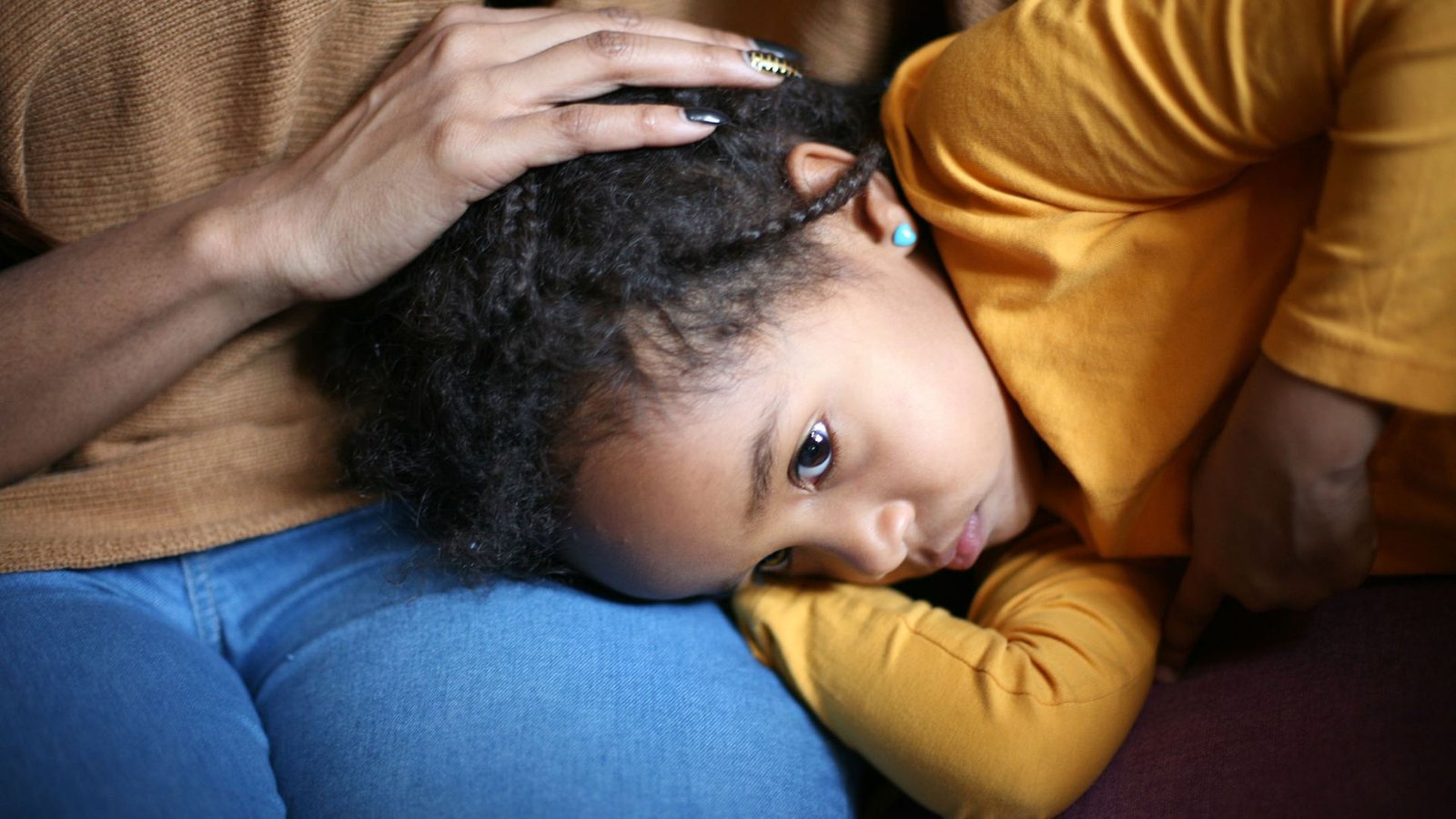Domestic abuse is a deeply traumatic experience that affects every aspect of a survivor’s life. While the physical wounds may heal with time, the emotional and psychological scars can last far longer. Survivors of domestic abuse often face long-term mental health challenges, which can significantly impact their overall well-being and quality of life. Understanding these effects and offering support is crucial to helping survivors heal and move forward.
1. Post-Traumatic Stress Disorder (PTSD)
One of the most common long-term mental health effects of domestic abuse is Post-Traumatic Stress Disorder (PTSD). Survivors of abuse often experience a constant sense of fear and anxiety, even long after the abusive relationship ends. PTSD symptoms can include:
- Flashbacks to the traumatic event
- Nightmares or difficulty sleeping
- Hypervigilance or being easily startled
- Difficulty concentrating
For many survivors, PTSD can be triggered by reminders of the abuse, such as a specific sound, location, or even a particular smell. This constant re-experiencing of trauma can make it difficult for individuals to feel safe or move on with their lives.
2. Depression
The emotional toll of domestic abuse often leads to depression. Survivors may feel a sense of hopelessness, helplessness, and worthlessness. They may struggle with:
- Persistent sadness or emptiness
- Loss of interest in daily activities
- Difficulty with concentration or decision-making
- Feelings of guilt or shame
Depression is often compounded by the isolation that many survivors face during and after the abusive relationship. Lack of support from friends or family, along with the shame that may accompany the experience, can deepen feelings of despair and make recovery more challenging.
3. Anxiety Disorders
Anxiety is another common mental health effect of domestic abuse. Survivors may develop:
- Generalized Anxiety Disorder (GAD): Feeling on edge, worrying excessively about future threats or danger.
- Panic Disorder: Experiencing sudden and intense episodes of fear, shortness of breath, and a sense of losing control.
- Social Anxiety: Difficulty trusting others or engaging in social situations due to a fear of being judged or hurt again.
The constant state of fear and unpredictability during an abusive relationship often leads survivors to develop chronic anxiety. This can prevent them from feeling safe, even in situations that are not threatening, and can significantly affect their ability to build new relationships or reintegrate into society.
4. Low Self-Esteem and Self-Worth
Many survivors of domestic abuse experience a profound loss of self-esteem. Abusers often use emotional manipulation, insults, and degrading behavior to control their victims. Over time, this can lead survivors to internalize these messages, believing they are unworthy of love, respect, or happiness.
This low self-worth can lead to:
- Difficulty setting healthy boundaries in future relationships
- Fear of abandonment or rejection
- Reluctance to seek help or support
- A lack of confidence in making decisions
Low self-esteem can persist long after the abusive relationship has ended, making it difficult for survivors to build healthy relationships and live fulfilling lives.
5. Survivor’s Guilt and Shame
Survivors may experience survivor’s guilt, especially if they have children or loved ones who were also affected by the abuse. They may feel guilt over staying in the relationship for as long as they did or for not being able to protect others.
Additionally, shame is often a powerful emotion tied to domestic abuse. Survivors may feel ashamed of their experience, believing that they should have left earlier or that they allowed the abuse to happen. This shame can prevent them from reaching out for help, as they fear being judged or blamed.

6. Difficulty Trusting Others
Trust issues are common among survivors of domestic abuse. The betrayal of trust by an intimate partner can lead to feelings of distrust toward others, even in non-abusive relationships. Survivors may:
- Find it difficult to trust friends, family, or new partners
- Question the intentions of others or believe that everyone may eventually betray them
- Feel fearful of vulnerability or emotional closeness
These trust issues can complicate future relationships and hinder the survivor’s ability to build meaningful, healthy connections with others.
7. Substance Abuse and Self-Medication
Some survivors turn to substance abuse as a way of coping with the emotional pain of their experience. Drugs or alcohol may temporarily numb the intense emotions of fear, anxiety, or sadness. However, this can lead to:
- Addiction or dependency
- Increased mental health challenges
- Legal or financial problems
Substance abuse can provide only short-term relief, exacerbating the mental health issues that survivors are already facing and delaying the healing process.
8. Chronic Pain and Somatic Symptoms
Domestic abuse can sometimes manifest in physical symptoms, known as somatic symptoms, which are linked to emotional and psychological distress. Survivors may experience:
- Chronic headaches or migraines
- Digestive issues (such as irritable bowel syndrome)
- Fatigue or insomnia
- Muscle tension and pain
These physical symptoms are often linked to stress, anxiety, and emotional trauma, and may persist even after the abusive relationship has ended.
9. Coping Mechanisms and Recovery
While the long-term effects of domestic abuse on mental health can be profound, many survivors can recover with the right support and resources. Coping mechanisms for mental health recovery may include:
- Therapy and Counseling: Cognitive-behavioral therapy (CBT), trauma-focused therapy, and other therapeutic approaches can help survivors process trauma, develop healthy coping skills, and rebuild their self-esteem.
- Support Groups: Connecting with others who have experienced similar trauma can reduce feelings of isolation and offer validation and support.
- Self-Care: Practicing self-care, such as engaging in physical activity, mindfulness, and building healthy routines, can improve mental health and promote healing.
- Building a Support System: Rebuilding trust and establishing strong relationships with supportive friends, family, or new partners can offer a foundation for recovery.
Conclusion
The long-term effects of domestic abuse on mental health are significant and can impact every area of a survivor’s life. However, with proper support, therapy, and community resources, survivors can work through these challenges and reclaim their mental and emotional well-being. It’s essential that we recognize the profound impact abuse has on mental health and offer survivors the compassion, understanding, and resources they need to heal.




